News
-
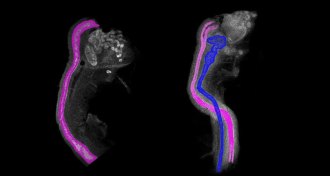 Life
LifeEmbryos kill off male tissue to become female
Female embryos actively dismantle male reproductive tissue, a textbook-challenging study suggests.
-
 Neuroscience
NeuroscienceHow an itch hitches a ride to the brain
Scientists have figured out how your brain registers the sensation of itch.
-
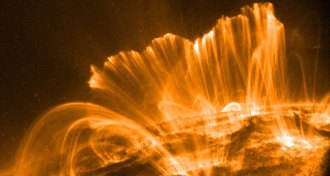 Astronomy
AstronomyWhy are the loops in the sun’s atmosphere so neat and tidy?
Observations during the total solar eclipse may explain why the sun’s atmosphere is so organized despite arising from a tangled magnetic field.
-
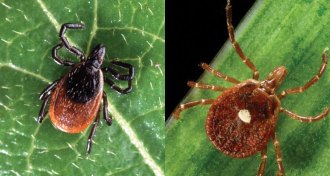 Health & Medicine
Health & MedicineA new tool could one day improve Lyme disease diagnosis
There soon could be a way to differentiate between Lyme disease and a similar tick-associated illness.
-
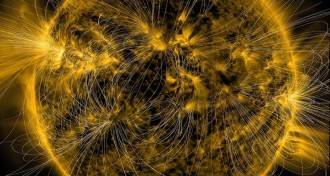 Astronomy
AstronomyWhat can the eclipse tell us about the corona’s magnetic field?
The corona’s plasma jumps and dances thanks to the magnetic field, but scientists have never measured the field directly.
-
 Earth
EarthSeismologists get to the bottom of how deep Earth’s continents go
Scientists may have finally pinpointed the bottoms of the continents.
-
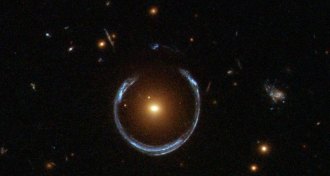 Astronomy
AstronomyCan the eclipse tell us if Einstein was right about general relativity?
During the eclipse, astronomers will reproduce the 1919 experiment that confirmed Einstein’s general theory of relativity.
-
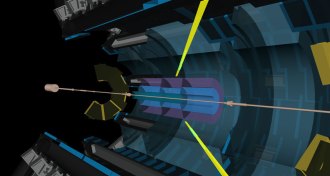 Particle Physics
Particle PhysicsNormally aloof particles of light seen ricocheting off each other
Scientists spot evidence of photons interacting at the Large Hadron Collider.
-
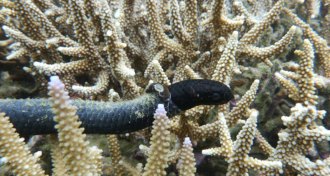 Life
LifePolluted water: It’s where sea snakes wear black
Reptile counterpart proposed for textbook example of evolution favoring darker moths amid industrial soot.
By Susan Milius -
 Astronomy
AstronomyWhat can we learn about Mercury’s surface during the eclipse?
Instruments aboard twin research jets will take advantage of the total solar eclipse to make the first thermal map of Mercury.
-
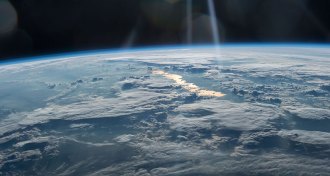 Astronomy
AstronomyWhat happens in Earth’s atmosphere during an eclipse?
The charged layer of Earth’s atmosphere gets uncharged during an eclipse, and that could have implications for everything from GPS accuracy to earthquake prediction.
-
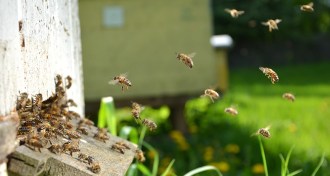 Astronomy
AstronomyWhat do plants and animals do during an eclipse?
A citizen science experiment will gather the biggest dataset to date of animal responses to a total eclipse.